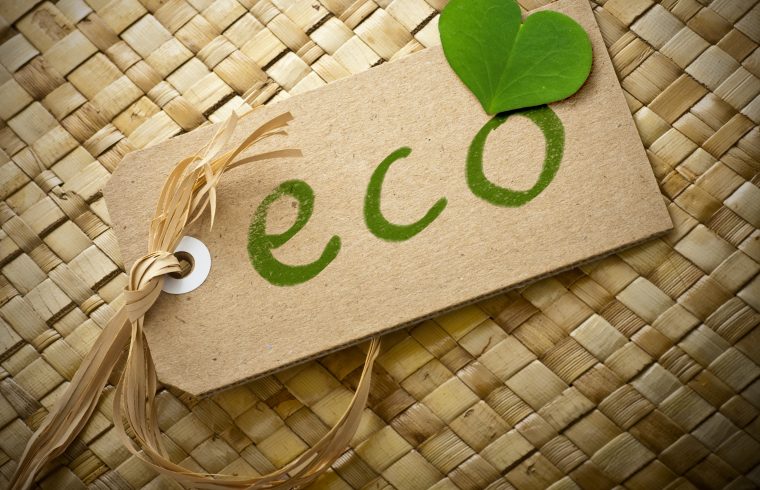Transition to Eco-businesses
Eco-businesses or eco-enterprises are businesses that have environmental sustainability as their primary aim. Of course they make profits, but they also make sure that their business practices are not harming the land, water, soil, air, and all living beings.
A few decades ago, businesses addressed this under the label of Triple Bottom Line, which means environmental, social, and financial protection should go hand in hand. Most companies greenwashed their work by planting trees annually and arranging free medical camps around their factories rather than mitigating the harm they are causing to the communities, employees, and the environment.
A new wave of awareness has started among consumers, making businesses rethink their processes. According to research commissioned by World Wildlife Fund for Nature in 2021, the search for sustainable products has increased by 71% globally since 2016 (Economist Intelligence Unit (EIU), 2023). This awareness, or more precisely, ‘eco-awakening’ of the consumer, has led many businesses to transition to zero economy, i.e., to have zero waste produced in their processes. Environment, Society, and Governance (ESG) is a new monitoring and evaluation system. ESG demands that instead of having finances or profits as a measure, the business should also maintain its tax profile, eliminate corruption, introduce standardized policies and procedures, etc. This would show fairness within the organization, community, and country.
Now the question is how can we mainstream this transition? Countries function based on these three organizations: Non-Governmental Organizations or civil society, public sector or government departments, and the private sector or businesses. The economy depends on the private sector, as it is the most significant employment provider and maintains economy. Hence, the change in its system is the only way sustainability can be achieved.
We must acknowledge that it can be relatively effortless for a new business to start as an eco-business, but it is harder for existing businesses to transition. It is the same way as building a new eco-friendly house is more cost-effective and less complicated than shifting an already-built structure to a sustainable one.
Business owners should wear green thinking hats and activate their problem-solving skills. Business, as usual, is not possible in a sustainable world. What they can do is, firstly, understand the problem they want to address. Secondly, they should imagine the way processes or products should be. Next, they should explore the consequences of each step, i.e., its impact on living and non-living environment, etc. Once settled on a method, they should experiment on a small scale. Continuous improvement is the key. They should evaluate their new experiments. If they fail, start again or choose a different method…and gradually scale it.
Such situations always remind me of this quote from The Hundred Years of Solitude by Gabriel Garcia Marquez:
“Races condemned to hundred years of solitude didn’t have a second opportunity on Earth”.
Transition is imperative; it is up to businesses to do it in ten years or a single year. New and better enterprises have already started taking the market. As everyone deserves a second chance, old businesses must adapt and shift now. Otherwise, it will be too late.
References
Economist Intelligence Unit (EIU). (2023, July 10). An Eco-wakening: Measuring global awareness, engagement and action for nature. Retrieved from World Wildlife Fund for Nature: https://explore.panda.org/eco-wakening
Image Source: https://howardpkg.com/blog/5-successful-eco-friendly-businesses-to-emulate




Leave a Reply